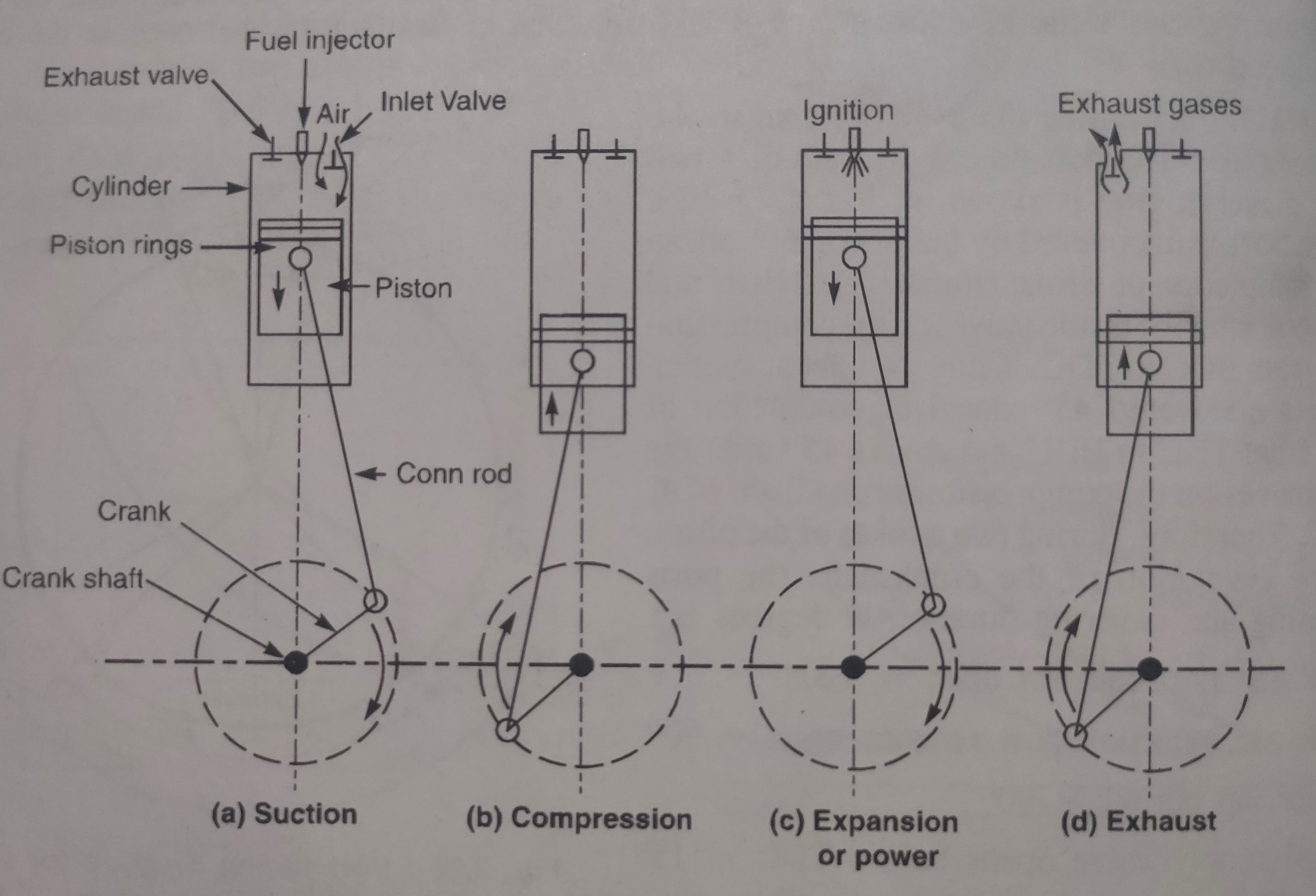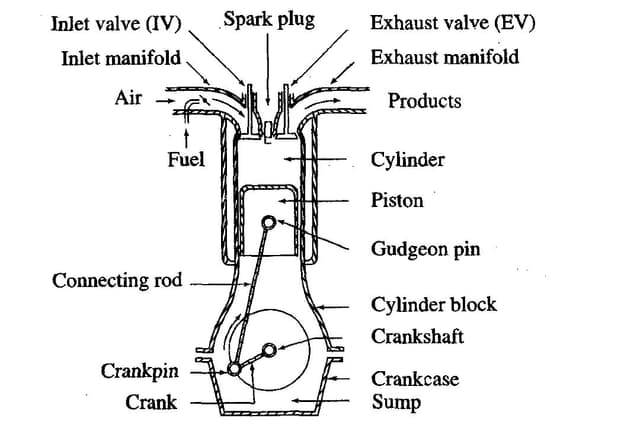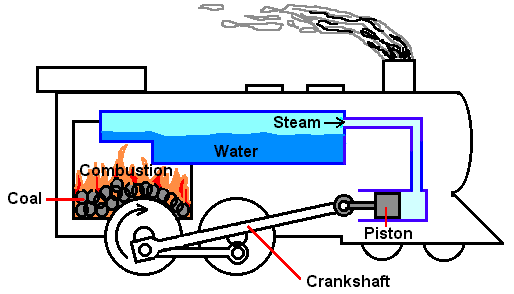Fuel Injection Systems
Fuel Injection Systems: Revolutionizing the Automotive Industry

Bablu Yadav
Posted in Automobile Engineering
.
Introduction:
In the ever-evolving automotive industry or in case of automobiles , fuel injection systems or FI engine have played a pivotal role in enhancing performance, with fuel efficiency, and reducing transmission emissions. The introduction of this technology has revolutionized the way engines operate, providing a more precise and controlled fuel delivery system as compared to traditional carburetors. In this blog post, we will learn in detail about fuel injection systems, their benefits, and their impact on the automotive landscape.
Understanding Fuel Injection Systems:
A fuel injection system is a mechanism that delivers fuel into an internal combustion engine. It consists of various components that work together to ensure the optimal amount of fuel is supplied to the engine at any given time. The key components of a fuel injection system include the fuel pump, fuel injectors, fuel pressure regulator, electronic control unit (ECU), and sensors.
Fuel injection systems operation is based on electronic controls, utilizing sensors to monitor engine conditions such as temperature, air pressure, throttle position, and oxygen levels in the exhaust. This real-time data enables the ECU to adjust the mixture of fuel-air accordingly, providing precise fuel delivery in the combustion chamber and enhancing engine performance.
Benefits of fuel injection systems:
Improved Fuel Efficiency:
Fuel injection systems deliver fuel directly to the combustion chamber in a controlled manner, which is resulting in improved fuel atomization and combustion efficiency. This efficient combustion process reduces fuel consumption, thus leading to better mileage and decreased dependency on fossil fuels.
Enhanced Performance:
Compared to carbureted engines, the fuel injection systems offers superior performance due to precise fuel delivery. This results in increased power output with smoother acceleration, and improved throttle response. The ability to fine-tune fuel-air ratios also allows for better tuning and customization, catering to various driving conditions.
Reduced Emissions:
Fuel injection systems help in reducing harmful emissions, making them more environment friendly. The precise fuel delivery and optimized combustion process result in fewer or minimal unburned hydrocarbons, carbon monoxide, and nitrogen oxide emissions. This plays a significant role in meeting stringent emissions regulations and reducing climate change.
Cold Start Reliability:
One of the notable advantages of fuel injection systems is their ability to provide reliable starts in cold weather conditions. By monitoring and adjusting fuel delivery based on temperature, fuel injection systems ensure a proper air-fuel mixture, facilitating easier and smoother cold starts compared to carburetors.
Conclusion:
The advent of fuel injection systems has propelled the automotive industry into a new era of efficiency, performance, and reduced emissions. These systems, with their precise fuel delivery and electronic control, have revolutionized the way engine operates , providing benefits such as improved fuel efficiency, enhanced performance, reduced emissions, and cold start reliability. As the industry continues to evolve, fuel injection systems will undoubtedly remain a driving force in shaping the future of automotive technology, which ensures more sustainable transportation landscape.




